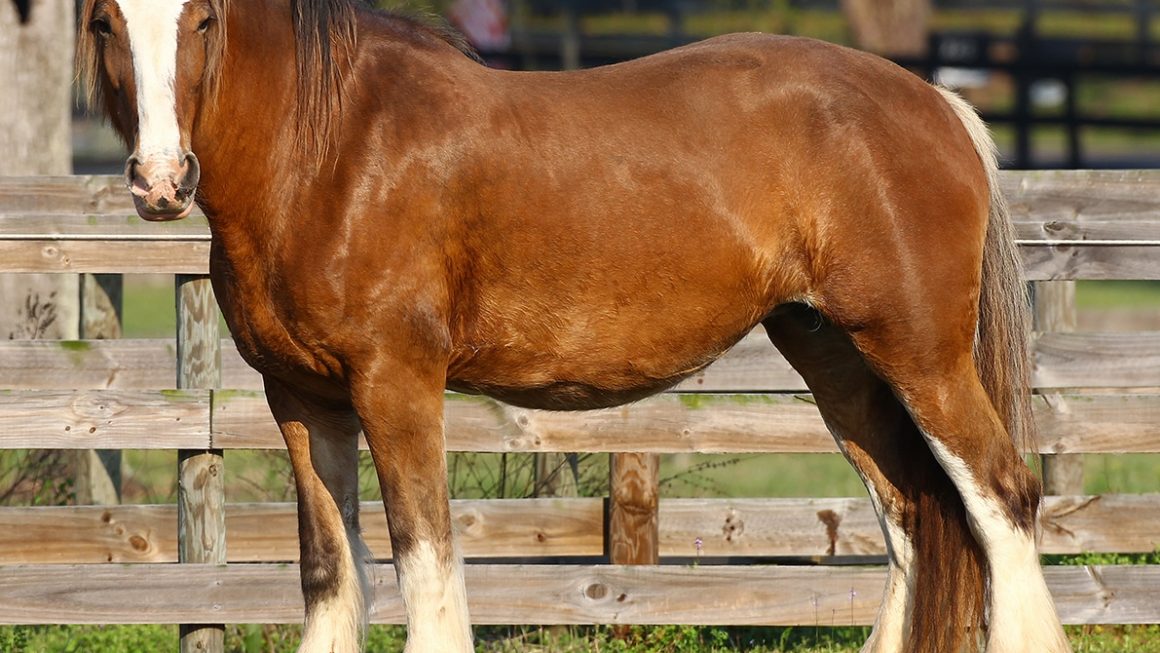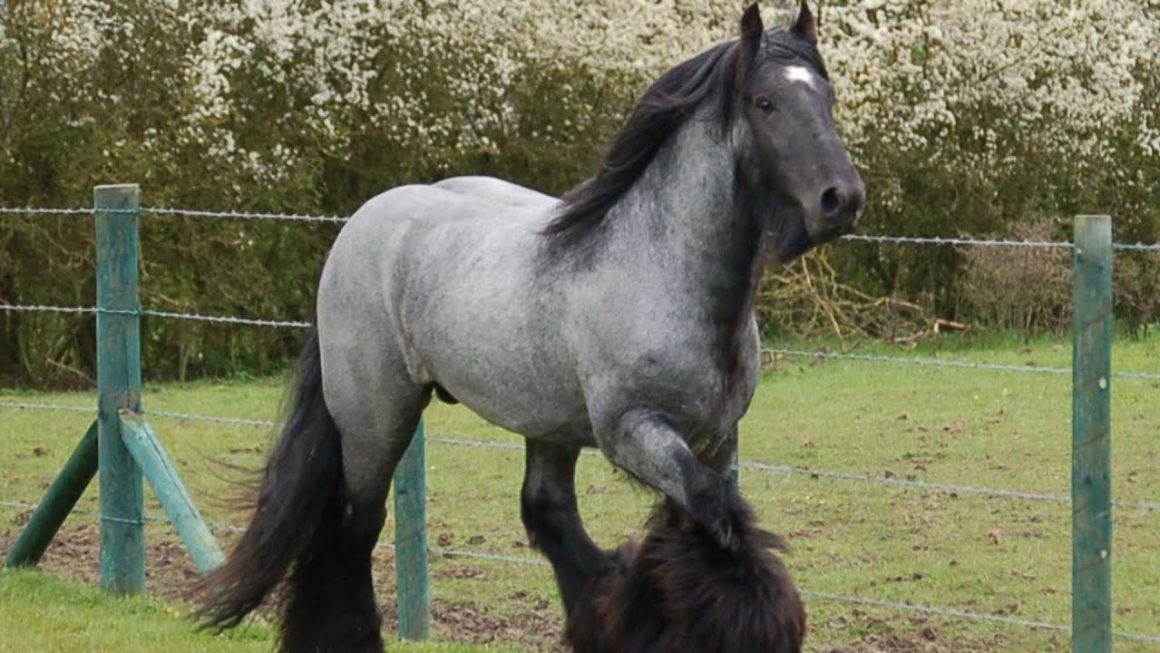Alfalfa cubes are a popular choice for horse owners as they provide a convenient and nutritious way to supplement their horse’s diet. However, many horse owners may be wondering how much alfalfa cubes to feed their horse. In this article, we will discuss the recommended daily amount of alfalfa cubes for horses and other important factors to consider when feeding your horse alfalfa cubes.
Seemore: Can Horses Eat Grapes? – All Important Things You Should Know
1. Understanding Alfalfa Cubes
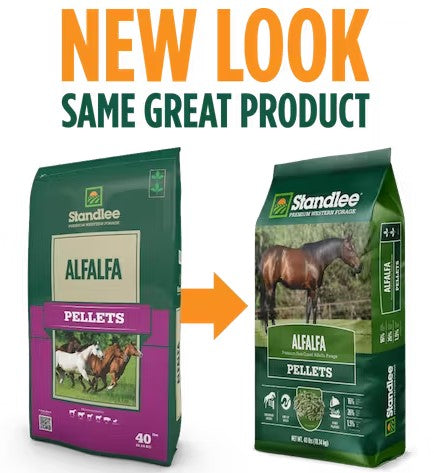
Before we dive into how much alfalfa cubes to feed a horse, it’s important to understand what they are and their nutritional value. Alfalfa cubes are compressed blocks of alfalfa hay that have been chopped up and formed into small cubes. They are a popular alternative to traditional baled hay as they are easier to store, transport, and less messy. Additionally, they are rich in nutrients such as protein, calcium, and essential vitamins and minerals, making them a great addition to a horse’s diet.
Types of Alfalfa Cubes
There are two types of alfalfa cubes – timothy/alfalfa mix and pure alfalfa. Timothy/alfalfa mix cubes are made of a blend of alfalfa and timothy hay, providing a balanced ratio of protein and fiber. On the other hand, pure alfalfa cubes contain only alfalfa hay and are higher in protein and calcium. It’s important to know which type of alfalfa cubes you are feeding your horse as it can affect the recommended daily amount.
Nutritional Value of Alfalfa Cubes
As mentioned earlier, alfalfa cubes are packed with essential nutrients that are beneficial for a horse’s health. Here is a breakdown of the nutritional value of alfalfa cubes per pound:
- Protein: 15-18%
- Calcium: 1-2%
- Phosphorus: 0.3-0.4%
- Magnesium: 0.2-0.3%
- Potassium: 1.5-2%
- Vitamin A: 5,000-10,000 IU
- Vitamin D: 450-1,000 IU
- Vitamin E: 15-20 IU
2. Recommended Daily Amount of Alfalfa Cubes for Horses

The amount of alfalfa cubes to feed a horse depends on several factors such as the horse’s weight, activity level, and overall health. It’s important to consult with your veterinarian or equine nutritionist to determine the exact amount for your horse. However, as a general guideline, here are the recommended daily amounts based on a horse’s weight:
For Maintenance
If your horse is at a healthy weight and not in heavy work, the recommended daily amount of alfalfa cubes is 0.75-1% of their body weight. For example, if your horse weighs 1000 pounds, they should consume 7.5-10 pounds of alfalfa cubes per day.
For Light Work
For horses in light work, the recommended daily amount of alfalfa cubes is 1-1.25% of their body weight. This amount may vary depending on the intensity and duration of the work.
For Growing Horses
Growing horses have higher nutritional needs, and the recommended daily amount of alfalfa cubes for them is 1.5% of their body weight. This provides them with the necessary nutrients for proper growth and development.
3. Factors to Consider When Feeding Alfalfa Cubes
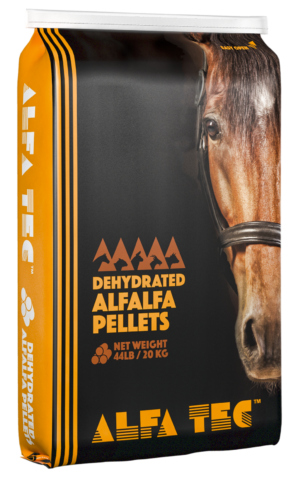
Apart from the horse’s weight and activity level, there are other factors that you should consider when feeding alfalfa cubes to your horse. These include:
Quality of Hay
Before adding alfalfa cubes to your horse’s diet, it’s important to assess the quality of their current hay. If the hay is poor in nutrients, your horse may need more alfalfa cubes to make up for the deficiency. On the other hand, if the hay is of high quality, you may not need to feed as many alfalfa cubes.
Other Supplements
If you are already feeding your horse a balanced diet that includes other supplements, you may need to adjust the amount of alfalfa cubes accordingly. For example, if your horse is getting enough protein from their grain and doesn’t require additional protein from alfalfa cubes, you can reduce the recommended daily amount.
Health Conditions
Some health conditions, such as laminitis or insulin resistance, may require a restricted diet for horses. In such cases, it’s important to consult with a veterinarian or equine nutritionist to determine if alfalfa cubes are suitable for your horse and what the appropriate amount would be.
4. Frequently Asked Questions

Is it okay to feed pure alfalfa cubes to my horse?
Pure alfalfa cubes are safe for horses to consume, but they should not be the only source of forage in their diet. They are high in protein and calcium, which can lead to health issues if fed in excess. It’s best to feed a mix of timothy/alfalfa cubes and pure alfalfa cubes to provide a balanced ratio of nutrients.
How often should I feed alfalfa cubes?
Ideally, horses should have access to forage throughout the day. You can offer alfalfa cubes 2-3 times a day in addition to their regular hay.
Can I soak alfalfa cubes before feeding them to my horse?
Soaking alfalfa cubes can help make them easier to chew for older horses or those with dental issues. However, it’s not necessary to soak them unless your horse has trouble eating them without soaking.
Can I feed alfalfa cubes to pregnant mares?
Yes, alfalfa cubes can provide pregnant mares with the essential nutrients they need during pregnancy. However, it’s important to consult with your veterinarian for the appropriate amount to feed based on the mare’s weight and stage of pregnancy.
Can I use alfalfa cubes as a complete replacement for hay?
No, alfalfa cubes should not be used as a complete replacement for hay. Horses need long-stemmed forage to maintain digestive health, and alfalfa cubes cannot provide this. They should be used as a supplement to a horse’s diet, not a replacement.
5. Conclusion
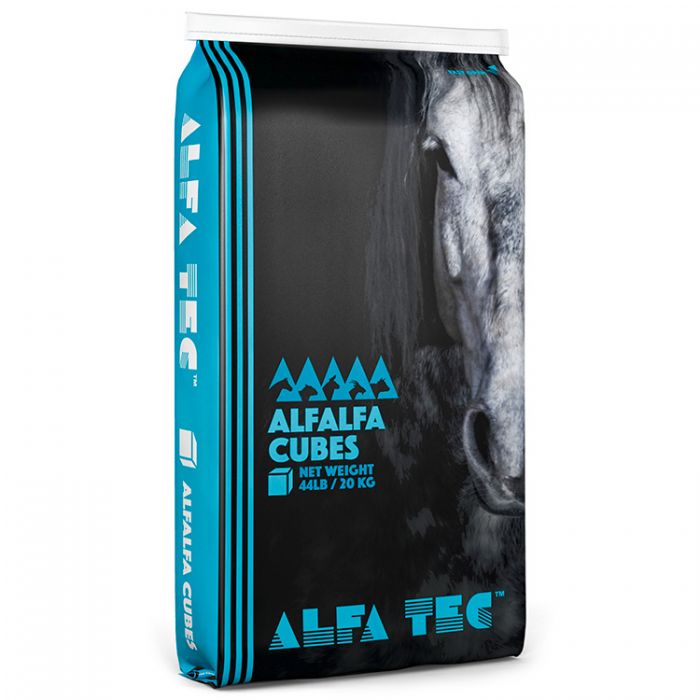
Alfalfa cubes can be a beneficial addition to a horse’s diet, providing essential nutrients and convenience for horse owners. However, it’s crucial to consider the recommended daily amount and other factors when feeding alfalfa cubes to your horse. Consult with your veterinarian or equine nutritionist to determine the appropriate amount for your horse based on their individual needs. With the right amount and quality of alfalfa cubes, you can help keep your horse healthy and happy.

